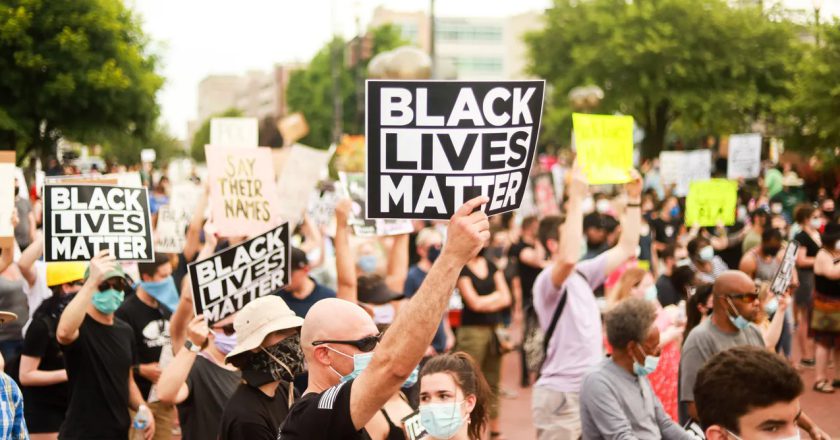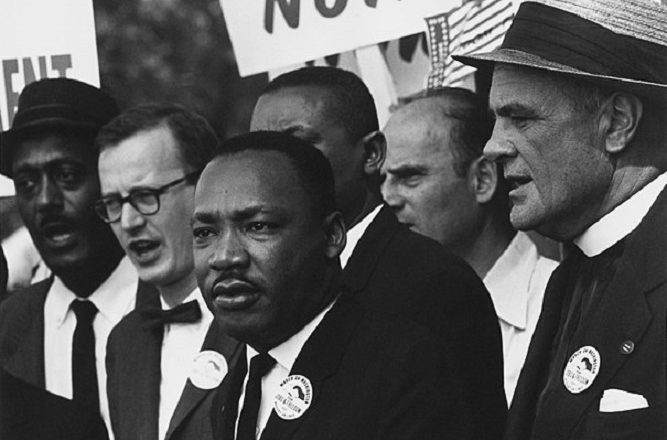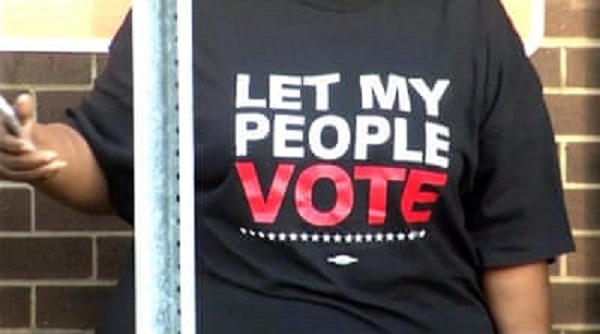After the civil rights era, white Americans failed to support systemic change to end racism. Will they now?
The first wave of the Black Lives Matter movement, which crested after the 2014 police killing of Michael Brown in Ferguson, had the support of less than half of white Americans.
Given that Americans tend to have a very narrow definition of racism, many at that time were likely confused by the juxtaposition of Black-led protests, implying that racism was persistent, alongside the presence of a Black family in the White House. Barack Obama’s presidency was seen as evidence that racism was in decline.
The current, second wave of the movement feels different, in part because the past months of protests have been multiracial. The media and scholars have noted that whites’ sensibilities have become more attuned to issues of anti-Black police violence and discrimination.
After the first wave ...




